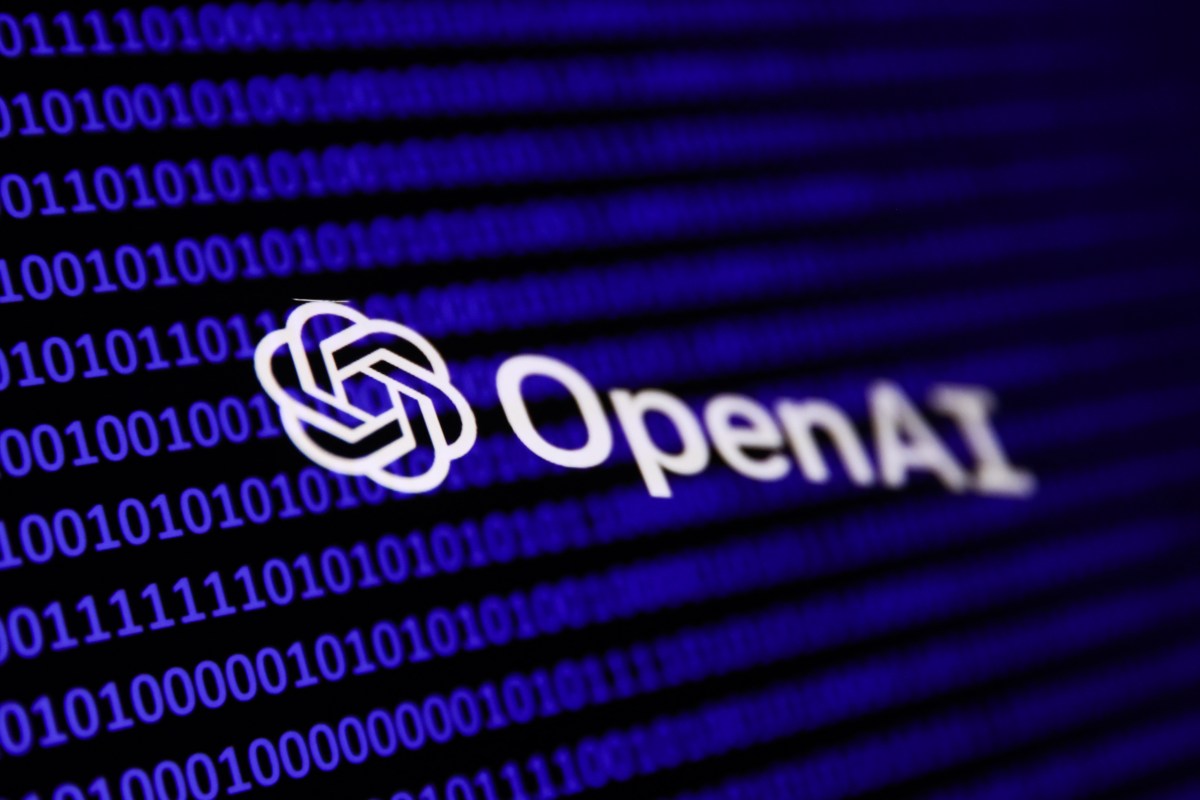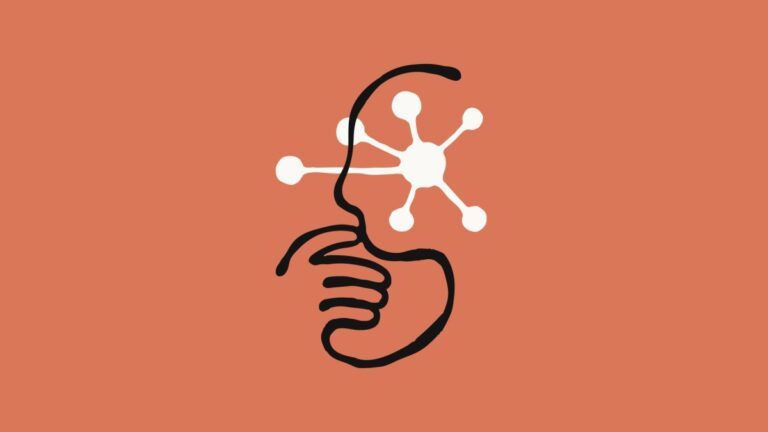OpenAI’s Exciting Trademark Filing Reveals Future Innovations in Humanoid Robots, Smart Jewelry, and Beyond!
Last Friday, the AI startup OpenAI took a significant step by filing a new trademark application with the U.S. Patent and Trademark Office (USPTO). This filing hints at the potential introduction of innovative products linked to its brand, suggesting an exciting future for AI-assisted technology.
OpenAI’s Ambitious Trademark Application
While trademark applications are a common occurrence for companies, OpenAI’s recent filing stands out due to its mention of various hardware products. The application includes:
- Headphones
- Goggles and glasses
- Remotes
- Laptop and phone cases
- Smartwatches and smart jewelry
- Virtual and augmented reality headsets for AI-assisted interaction, simulation, and training
Collaborations and Future Developments
OpenAI has previously confirmed its collaboration with former Apple designer Jony Ive on a hardware project. In a recent interview with The Elec, CEO Sam Altman stated that the company aims to develop AI-powered consumer hardware through partnerships with various companies. However, he warned that it may take “several years” before even a prototype is ready.
Exploring Robotics and AI Chips
Furthermore, the trademark application references:
- User-programmable humanoid robots
- Humanoid robots equipped with communication and learning functions for assisting and entertaining users
OpenAI has recently begun recruiting for a new robotics team led by Caitlin Kalinowski, who transitioned from Meta’s AR glasses division. Reports indicate that OpenAI is looking to test humanoid robots powered by custom sensors and AI capable of operating with human-like intelligence in real-world environments.
Custom AI Chips and Quantum Computing Aspirations
The filing also discusses the development of custom AI chips aimed at enhancing performance by leveraging quantum computing resources. There have been longstanding rumors regarding OpenAI’s efforts to create custom chips for its AI models. The company reportedly has a division focused on co-designing chip components, with plans to collaborate with semiconductor manufacturers like Broadcom and TSMC to potentially launch a custom chip by 2026.
OpenAI’s interest in quantum computing, while less clear, could lead to advancements in training AI models. As noted by The Register, quantum computing holds the promise of significantly improving AI model training efficiency through its ability to perform extensive calculations simultaneously.
Conclusion: What Lies Ahead for OpenAI?
However, it’s essential to recognize that trademark applications are often broad and do not always reflect a company’s specific product roadmap. OpenAI’s recent filing may showcase areas the startup is investigating or has considered exploring, but the timeline for any of these technologies reaching the market remains uncertain.
Stay updated on the latest advancements in AI technology by subscribing to TechCrunch’s AI-focused newsletter, delivered to your inbox every Wednesday.






